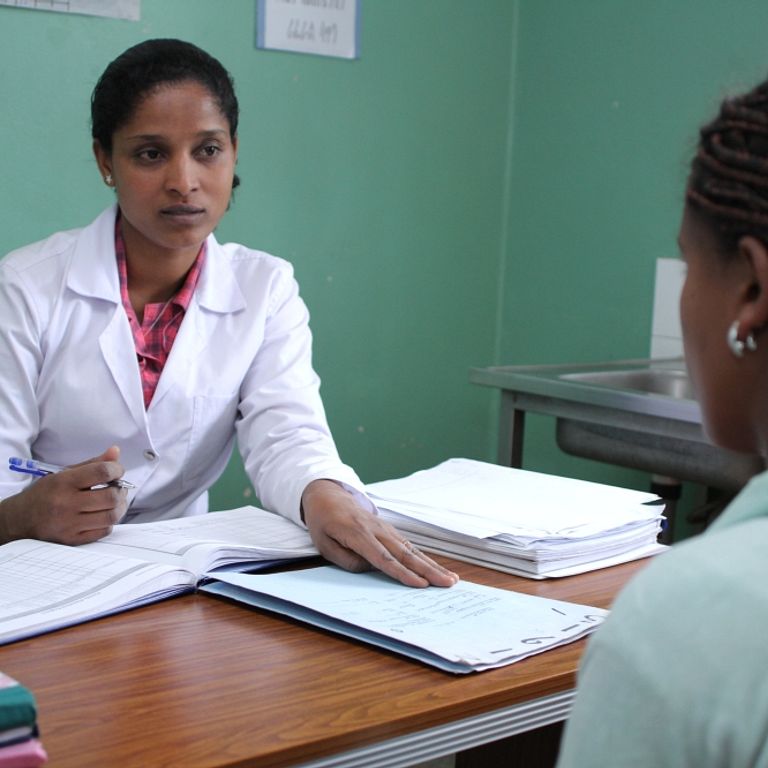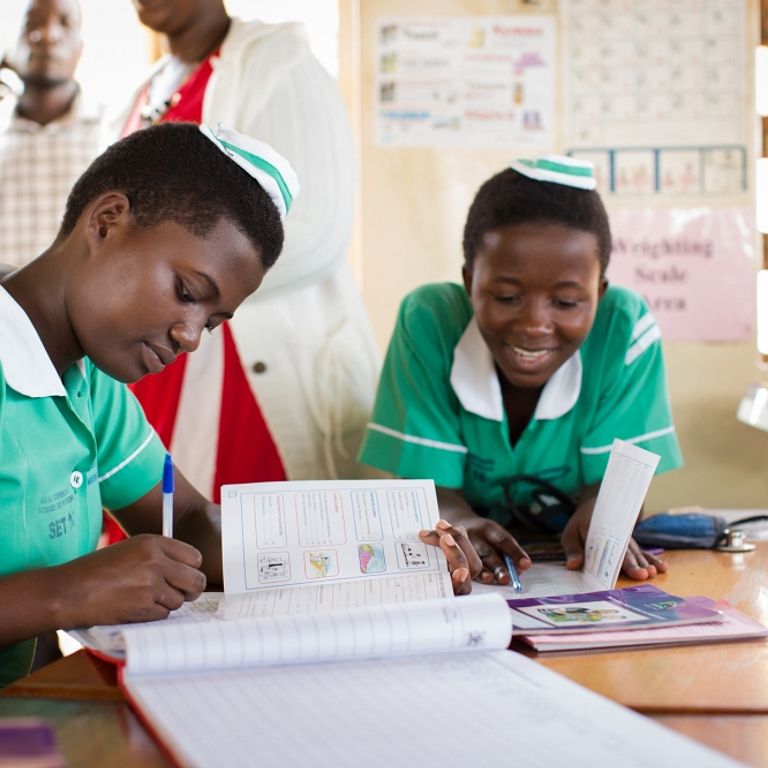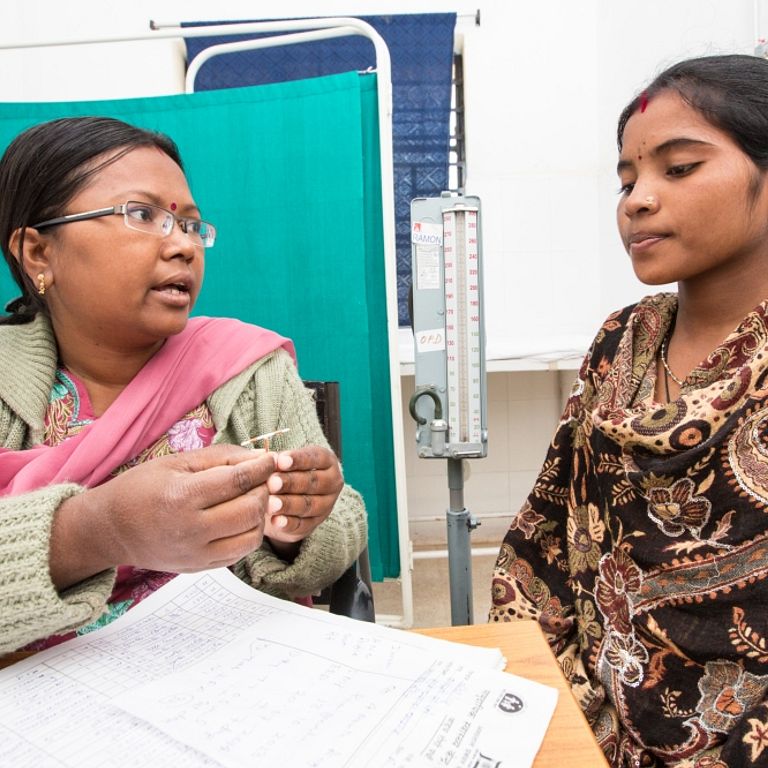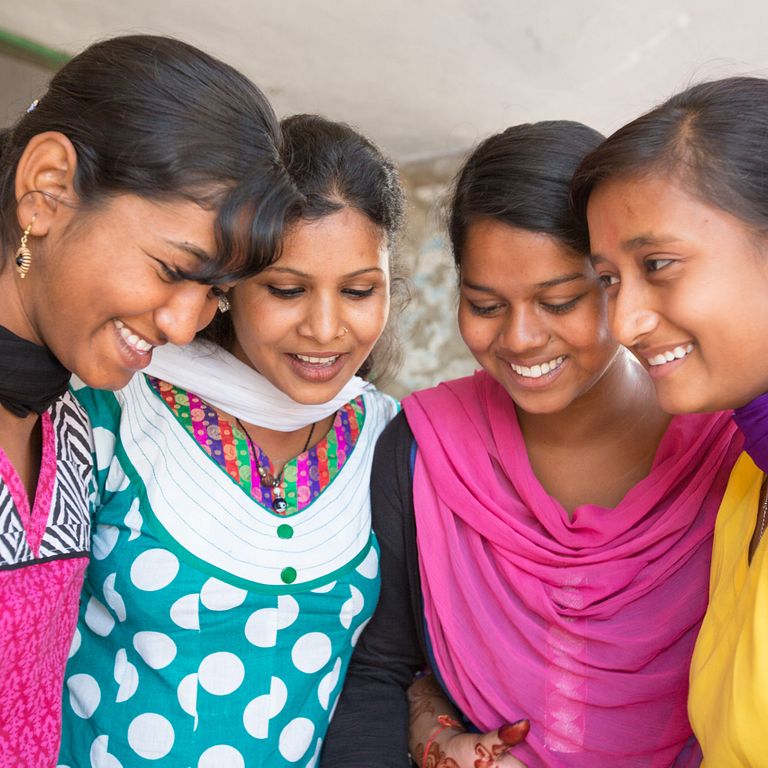USAID Afya Yangu—Northern

With funding from USAID, this program works to improve access to household nutrition and increase the availability of health services at facilities and in communities in Tanzania’s northern zone, covering the Arusha, Manyara, Singida, Kilimanjaro, and Dodoma regions. Together with our partners, we are working to improve the provision of high-quality health services at the facility and community level, focusing on HIV, tuberculosis (TB), and family planning (FP).
UNAIDS reports that 96,000 children 0–14 in Tanzania were living with HIV in 2021. With a total of 1.7 million people in Tanzania living with HIV, the country has made significant gains in access to medication for people living with HIV, and 84% of adults and 54% of children living with HIV are on antiretroviral treatment. FP2030 found that the modern contraceptive prevalence rate in Tanzania is 31.7%. According to the Food and Agriculture Organization of the United Nations, in 2020, nearly 26% of Tanzania’s population faced severe food insecurity.

USAID Afya Yangu Northern focuses on regional acceleration strategies for sustainable impacts, such as building and transferring capacity to local stakeholders. The program designs and delivers client-centered care and ensures gender-sensitive approaches focused on adolescent girls and young women, children, and youth. The program collaborates with, integrates, and complements the ongoing efforts of local governments, health facilities, and organizations. We use data and learnings to improve the program and correct course as needed. The program remains responsive to emerging global health crises.
This program works to improve enabling environments where health services are provided and to increase and enhance the availability of HIV, TB, and FP services at facilities and in communities. To strengthen the enabling environment for these health services, the program offers technical assistance to the government to develop, communicate, and implement national plans and improve policies, guidelines, and protocols at facilities. To expand and enhance the availability of high-quality, client-centered health services at facilities, the program increases accountability and responsiveness in service delivery and strengthens client-provider interactions to promote respectful and informed care. The program also improves access to health services in communities by supporting connections between households and facilities and promoting health activities led by community health workers and offered through community outreach initiatives.



